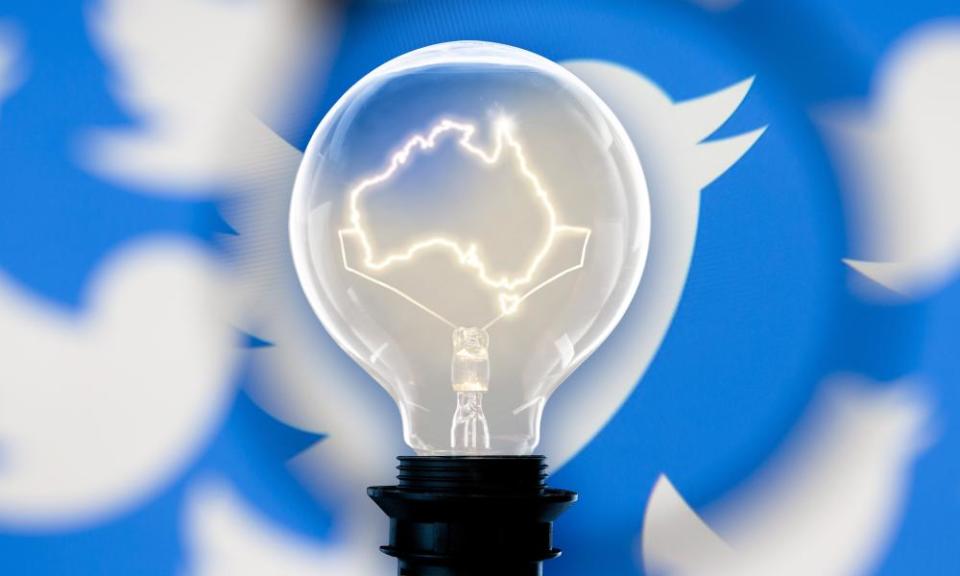Sisonke Msimang's 2020s vision: for social justice to prevail, we need anger fuelled by love

When it comes to climate justice, racism, misogyny and deepening inequality – the big issues that confront us today – our society seems at an impasse, locked into a series of hardened debates that seem to go nowhere. One of the most urgent questions of our time concerns how reasonable people should respond to the rancour the defines our national conversations.
As the culture wars become increasingly bombastic, many have learned to weaponise anger. They have learned how to lean into disagreements, to provoke and bait those who advocate for social justice. They see political opponents as enemies rather than interlocutors. Debates are a blood sport rather than an opportunity to engage in meaningful exchanges.
The hardening of debate has been challenging. In response, those who seek to build a more compassionate and equitable future have begun to fight fire with fire – to use tactics that are as strident and as disrespectful as those of right-wing columnists and racist politicians.
Related: We must abandon the language of the market to reclaim our humanity | Thomas Keneally's 2020s vision
Progressive types who can shoot back pithy one-liners and excoriate the right have become social media darlings. I know this all too well because for a time I thrived in this arena. On Twitter I was called brave and I gained followers. I was able to occupy important spaces in public discourse as an emerging columnist in my home country. I wasn’t paid much, but I had some measure of influence. I stepped back when I realised that the language, tone and demeanour I was mobilising reflected a level of anger and vitriol that didn’t reflect my values and that wouldn’t take my agenda forward in ways that were productive.
I pulled back from the bitter engagements I was getting drawn into because I felt I had fallen into a trap. In taking on the hate-mongers I had begun to sound like them– fetishizing aggression, mimicking the behaviour of my opponents.
To be clear, I believe there are many ways to tackle a problem. But I worry about the philosophical and practical implications of this approach.
At a philosophical level, the strategy of weaponising anger accepts that we live in a world in which those who use power aggressively win. This notion of power – power used coercively, derisively, power lorded over others – hasn’t worked especially well for women, black people or any other group of people who have been on the receiving end of history’s ravages.
I am interested in how we transform the very nature of power, how we use power as an instrument that is capable of harm but need not be harmful.
At the more practical level, it doesn’t seem effective to constantly engage unreasonable angry men (for they are mostly men) when they have so many well-funded channels through which to advance their causes and when they aren’t genuinely interested in the outcomes. Putting bullies on blast on Twitter may be satisfying, but it doesn’t have many long-term payoffs in the real world. It doesn’t move the needle forward on social justice.
Retreat and disengagement are the most important and strategic responses to the energy-draining anger of the right. This may seem counter-intuitive, because activism has long been defined as the act of persuasion.
Traditionally, those who had the most compelling arguments won the day – the debate has always been the point. But because so much anger is largely irrational, grounded in the politics of identity-based grievance, fuelled by the notion that white people – men in particular – are under threat, investing in persuasion is unlikely to yield any dividends. Intransigence is a deliberate political strategy and you can only fight this by disengaging. It is time to focus instead on activating the already converted.
Related: 2020s vision: big ideas to make Australia better – Australian politics live
I am not suggesting a complete withdrawal from political engagement, but I am saying that needless conflict is a trap. Those who care about a more just future have to preach to the choir, but they must do so off-line in real face-to-face ways. The battle for the future will be won by those of us who are prepared to persuade the already converted to do more, to push harder, to hang in there for longer.
This work of mobilising the persuaded will happen over meals and in university classrooms and on the streets during marches and at sit-ins and die-ins. The people who carry out this work will not be identifiable by their handles or their celebrity. Those who will turn the tide will be anonymous. They will be brave – not because they shout and insult and troll the trolls, but because they will have learned the art of walking away from fights designed to rob them of momentum.
Anger combined with hate and intolerance creates a powder keg, whereas anger working in tandem with optimism and hope build this much-needed momentum. The best troublemakers know this. The work of justice is a fine balance between rage and reason but those who believe in a better future have an advantage. They know that anger is a mighty force, one that is most effective when it is fuelled by love.
Sisonke Msimang writes about democracy and politics, and is the author of Always Another Country and The Resurrection of Winnie Mandela

 Yahoo News
Yahoo News 